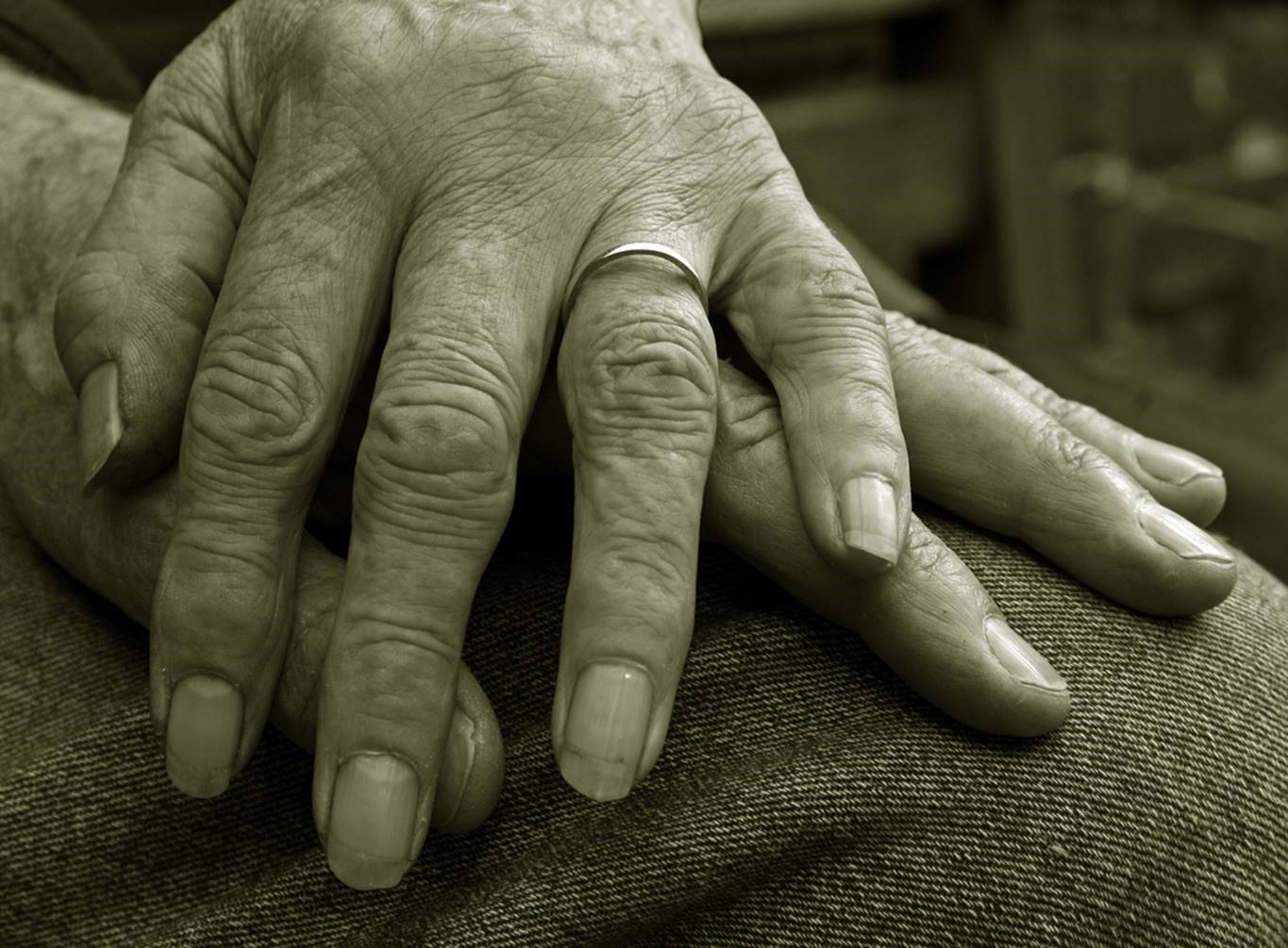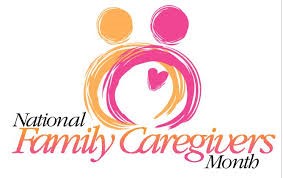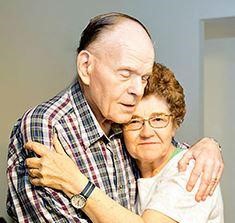Family Caregivers Month
NOVEMBER IS NATIONAL FAMILY CAREGIVERS MONTH!
Thank you to all Family Caregivers!
ECIAAA is devoted to providing the needed resources to support family caregivers and grandparents/relatives raising children in need. ECIAAA provides Older Americans Act funding to a network of Caregiver Advisory Services in east central Illinois. Caregiver Advisors have been designated to serve as your local expert on all caregiving issues. Please refer to the link below for a list of ECIAAA’s Caregiver Advisory Programs: (ECIAAA Caregiver Advisor List).
Please take a moment to review the following posting from Edwin Walker, Acting Assistant Secretary for Administration of Community Living ‘kicking-off’ National Family Caregivers Month.
Take Care to Give Care: ACL’s Mission to Support Families and Family Caregivers
By Edwin L. Walker, Acting Assistant Secretary for Aging and Acting Administrator, Administration for Community Living
November is upon us once again, that time of year when family and friends come together to give thanks, to reflect on the many blessings we have received, and to remind ourselves of what is truly important. For me, family is very important. Families, in all their many forms, are the cornerstone of our society, our connections to the past and our bridges to the future. For persons of any age with a disability or other long-term support need, loved ones are often the main reason they are able to remain independent at home and active in their community.
Family caregivers are the backbone of America’s long-term care system and are often referred to as selfless, tireless and courageous. Stepping in to provide care for a friend or loved one can be a rewarding and uplifting experience and reflects the very best in human nature. While family caregivers are all these things and more, they are human nonetheless. They are not immune to stress, fatigue, burnout or illness. In fact, research shows they may be more vulnerable in this regard. We know that, unless family caregivers stop to take a break, to care for their own needs, they are less likely to be able to continue in their roles indefinitely.
The theme for National Family Caregivers Month is especially noteworthy: “Take Care to Give Care.” Nothing could be truer. Anyone who has provided care for another knows the importance of stopping periodically to take care of him or herself, something often easier said than done. Family caregivers must be encouraged and supported at every step to ensure they are taking proper care of themselves, physically, emotionally and spiritually. This year’s theme is also particularly relevant to the mission and purpose of the Administration for Community Living (ACL) to “maximize the independence, well-being and health of older adults, people with disabilities, and their families and caregivers.”
The centerpiece of ACL’s efforts to support family caregivers is the National Family Caregiver Support Program (NFCSP). For the past 16 years, the NFCSP has enabled states and communities to build a base of essential services and supports for family caregivers, including much needed information about available services, respite to provide a break from caregiving, and education and training to teach caregivers the skills they need to provide care more effectively. In 2016, the reauthorization of the Older Americans Act expanded access to the NFCSP, making its services available to older parents of adult children with a disability. What is more, a new report (PDF) shows that the NFCSP has been a true catalyst for states and communities to address the needs of family caregivers in flexible, creative and person-centered ways.
This year, ACL continued to make progress in meeting the respite and support needs of family caregivers of persons of all ages with a disability, including those caring for people with dementia. The Lifespan Respite Program, created 10 years ago, received an additional $1 million in funding, allowing ACL to expand the program to two more states and providing supplemental funding to six states, allowing them to provide additional and much-needed respite services. To date, 35 states and DC have received grants to build and expand systems of accessible, high-quality respite services to family caregivers across the age and disability spectrum. The Alzheimer’s Disease Supportive Services Program and the Alzheimer’s Disease Initiative—Specialized Supportive Services program continue to build and expand dementia capability in states and communities while filling service gaps identified by the National Alzheimer’s Project Act Advisory Council. Presently, programs in 28 states, the District of Columbia and Puerto Rico are supporting caregivers through the provision of direct services including evidence-based trainings and evidence-informed interventions designed to support caregivers through support groups and respite services.
As the current Administration comes to a close, my ACL colleagues and I look back on all we as the aging and disability networks have accomplished on behalf of older adults, people with disabilities and the families that support them. We are excited about the future. We look forward to new opportunities to support our networks and to grow and shape programs and services to better meet the needs of families, family caregivers and the people they support.
Lewin Group:
National Family Caregiver Support Program: Final Report
Websites for Family Caregivers
-
Family Caregiver Alliance, National Center on Caregiving – www.caregiver.org
-
National Alliance for Caregiving – www.caregiving.org
-
Nationwide respite services: ARCH National Respite Network and Resource Center
Learn More: ACL Programs
Nonprofit Organization for Caregivers


